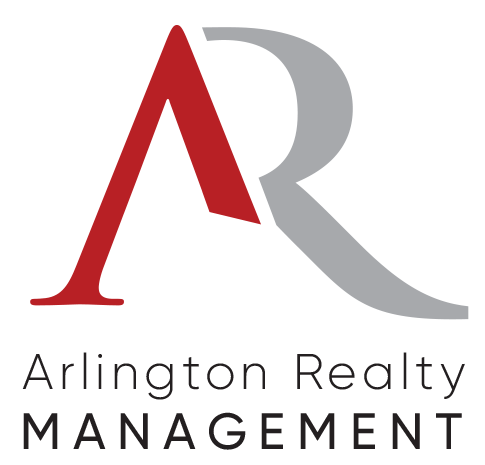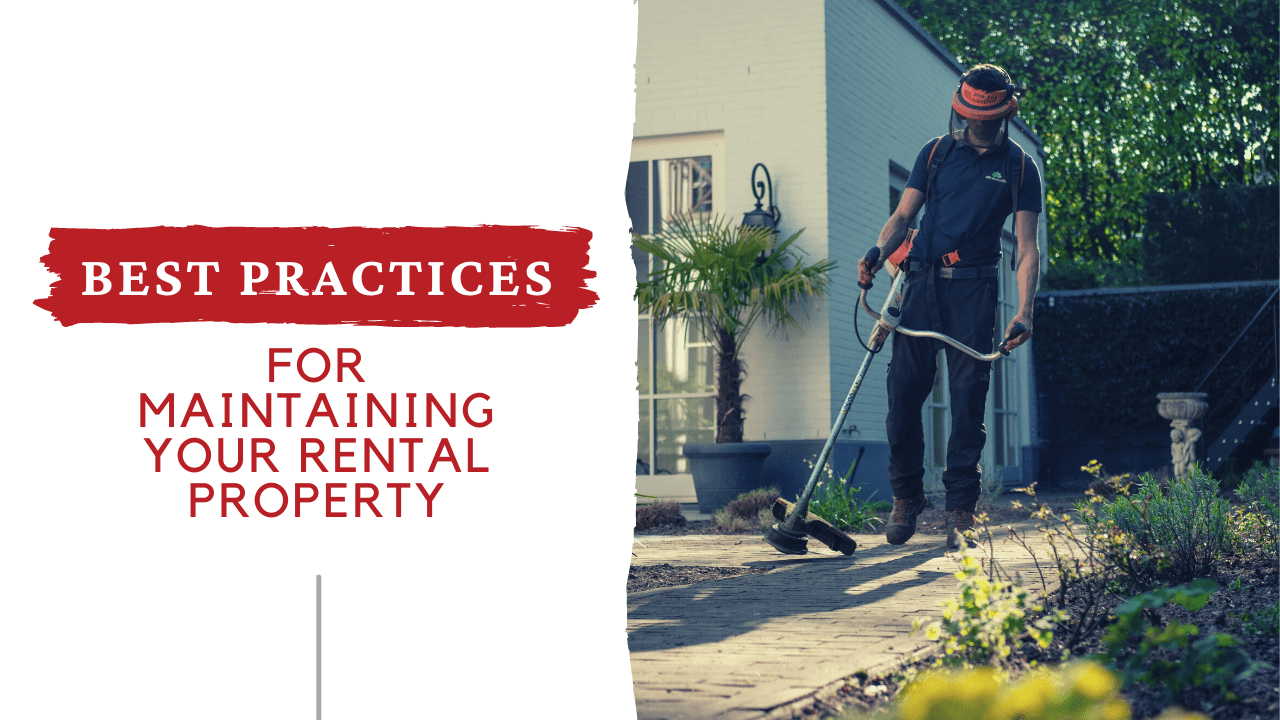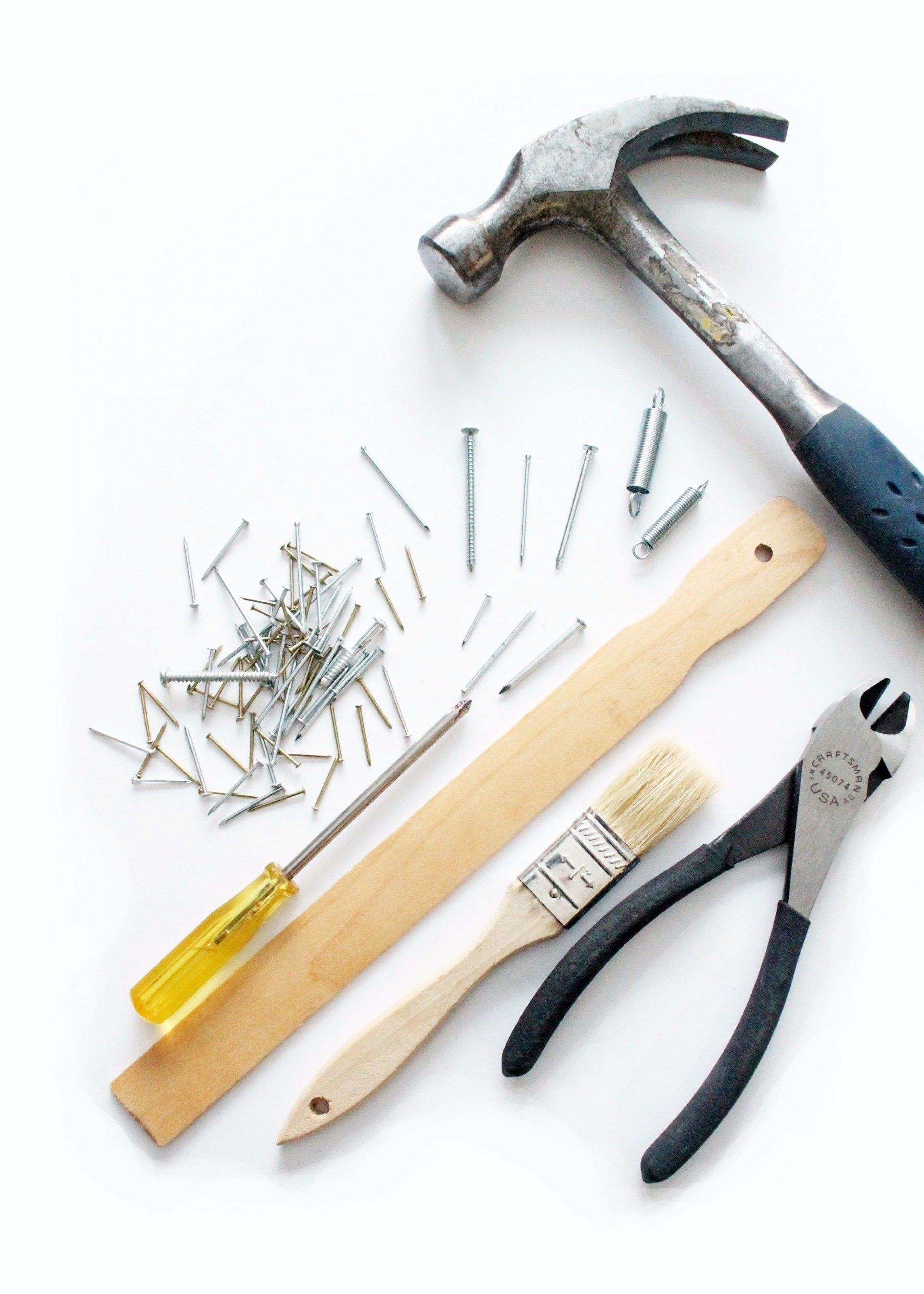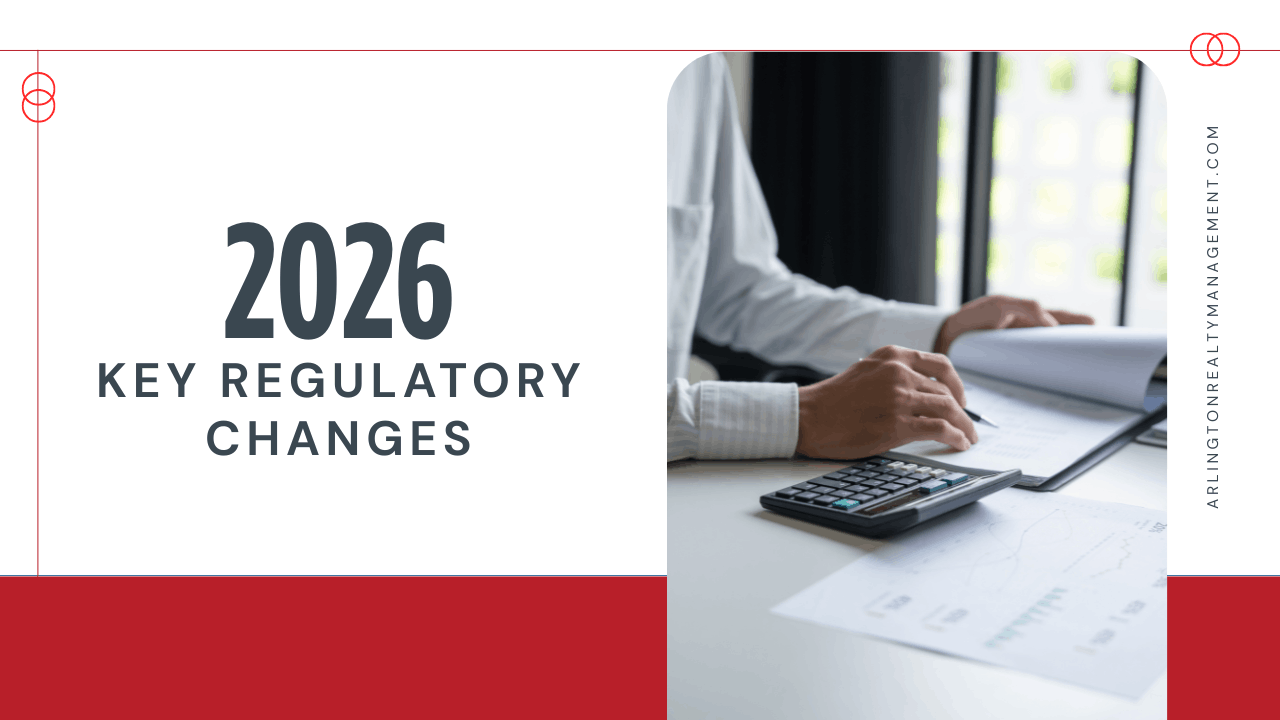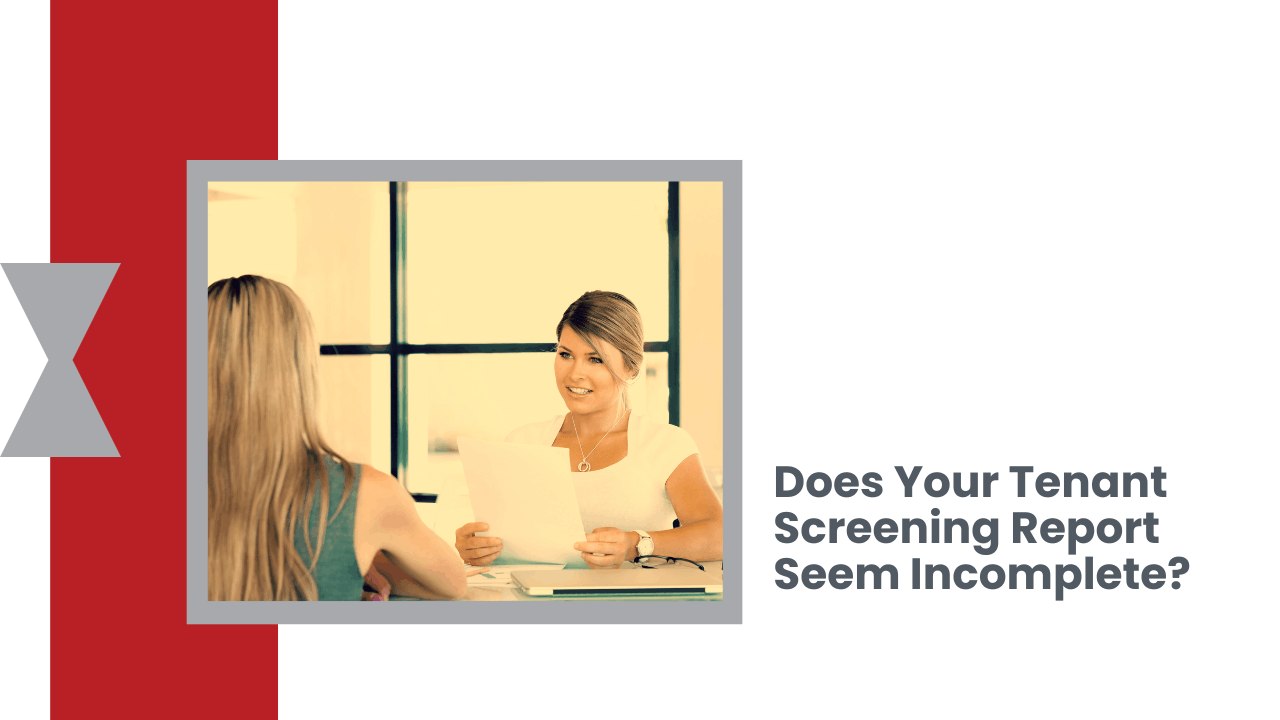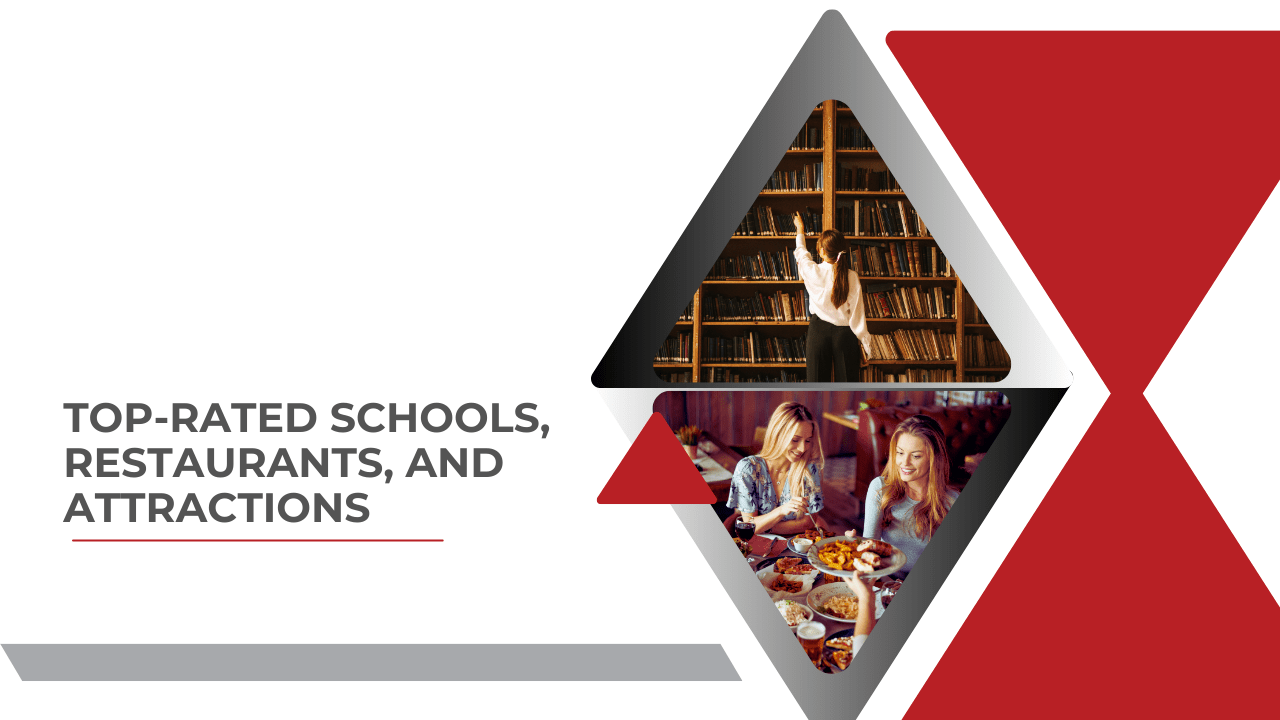Maintenance plays a vital role in boosting the value of your Arlington rental property. It lowers the risks of potential damages, increases the rentability of your asset, and helps retain your tenants for a long time. However, landlords can find it challenging to streamline the maintenance process for their rental units due to perceived lack of time.
Based on our experience of managing rental properties in Arlington, here are some of the best practices that you can adopt for maintaining your property to ensure that it stays healthy and rent-ready for a long time. These include,
Inspect Your Arlington Home Regularly
Conducting regular inspections is one of the best practices for maintaining your rental. You can perform move-in, routine, and move-out inspections that help you identify repair issues,
normal wear and tear, and tenant-caused damages so you can fix the problems before they worsen.
Inspect all the units, bathroom, utility cabinet, appliances, HVAC systems, and exterior of the property. Documenting the damage with photos, video recordings, or notes can help you compare the condition of the place at different points and can also act as evidence in case of damage claims. You can hire a professional inspector who can provide detailed inspection reports with all the records in them.
Create Maintenance Checklist
Rental maintenance issues are unpredictable and cause a chaotic environment if not handled immediately. Creating a comprehensive maintenance checklist can help you handle them effectively. Make sure you add all the following tasks to your checklist.
- Roof and plumbing inspections
- Examining the leakage issues
- Servicing HVAC system and appliances
- Checking utility cabinets
- Testing smoke and carbon monoxide detectors
- Cleaning gutters, clogged drainage, toilets, and sinks
- Checking fixtures such as door handles, knobs, laches, nozzles, faucets, etc.
- Identifying pest and mold infestation
Address Maintenance Issues Immediately
Landlords often neglect the maintenance issues raised by the tenants and end up inviting costly repairs and replacements. You must, therefore, immediately respond to your tenants’ complaints.
Some emergency maintenance issues can be leaks in the property, clogged toilets, non-functioning heating systems in winter, gas pipe leaks, structural damage, and missing locks of the main door. These issues can cause potential safety hazards if not addressed quickly and affect the valuation of your property as well.
Repair and Replace Non-Functioning Appliances
Home appliances are a costly investment for your rental property. It is necessary to maintain them regularly to increase their life. You should also mention the appliance maintenance responsibilities for renters in your lease agreement. In case of any issue, call a qualified contractor to get it resolved, and don't hesitate to replace any semi-functional internal parts. It will save you from the major expense of buying a new appliance altogether. You may also choose to replace non-functional appliances with new energy-saving ones.
Invest In Right Materials and Equipment To Minimize Constant Repairs
Buying or constructing a rental unit is a one-time investment. Using materials with less quality will save you money but might require constant maintenance, resulting in long-term expenses.
Make sure you have used quality material and equipment in building construction. It is essential for the quality control and durability of the property. Using high-quality material can create an ideal environment for ensuring that all the components of your unit, including the paint, walls, windows, plumbing, and electrical components, stay efficient for a longer time.
You should also provide quality equipment to tenants such as cooking essentials, kitchen utensils and appliances, decor items, bedroom essentials, and tools for household maintenance.
Perform Proactive Rental Maintenance
